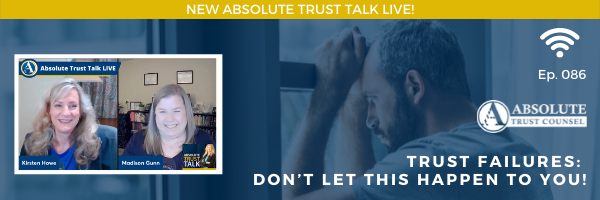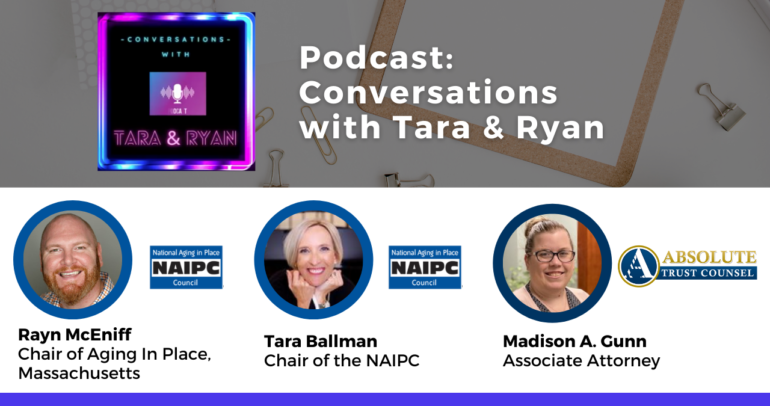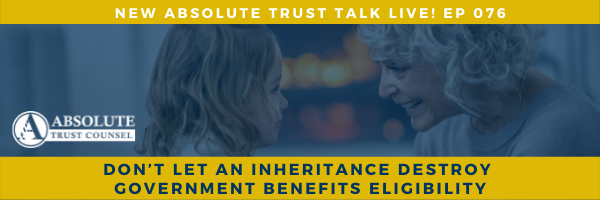Effective January 1, 2022, California Probate Code Sections 15800 and 16069 are amended by Assembly Bill 1079. The change in law affects Trustees who assume their role when the settlor or trustor (the creator of the trust) becomes incapacitated. Typically, the person or persons who create a revocable living trust hold the power to be able to revoke the trust.…










